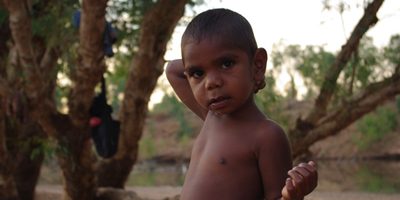
How can Local Health Districts and Networks cultivate anti-racist hospitals?
Background
Racism has been clearly identified as a determinant of health and wellbeing for Aboriginal and Torres Strait Islander people. Aboriginal and Torres Strait Islander people continue to experience racism and discrimination within the Australian healthcare system. Racism is causing dire health consequences and inhibiting access to quality and safe healthcare services.
Aims
To comprehensively understand and address the complex dynamics of racism, bias and colonisation in reforming hospital care for Aboriginal and Torres Strait Islander people and families.
Methods
- Decolonise existing tools such as the Readiness to Change Assessment (RCTA) and Promoting Action on Research Implementation in Health Services (i-PARIHS) framework.
- Evaluate health organisations’ readiness to change beliefs, attitudes and processes that maintain inequity.
- Undertake Aboriginal patient journey mapping and review governance structures, workforce development, current quality indicators and processes for implicit bias.
- Develop, implement and evaluate interventions using multiple methods such as co-designing, yarning and deep listening.
- Disseminate findings to translate and scale-up successful interventions to achieve health systems and services change.
Impact
- Uptake and use of decolonised tools and frameworks to address racism.
- Health organisations will have a better understanding of successful interventions needed to eliminate racism from Australian healthcare services.
- In the long term, Aboriginal and Torres Strait Islander people will have increased access to safe and anti-racist health services.







